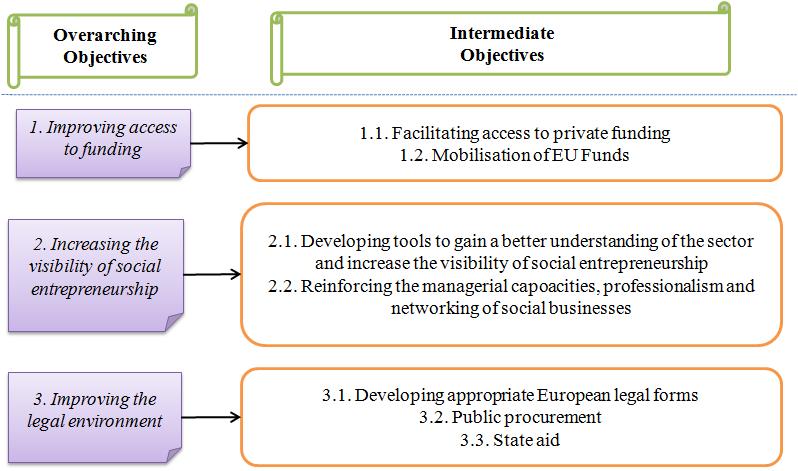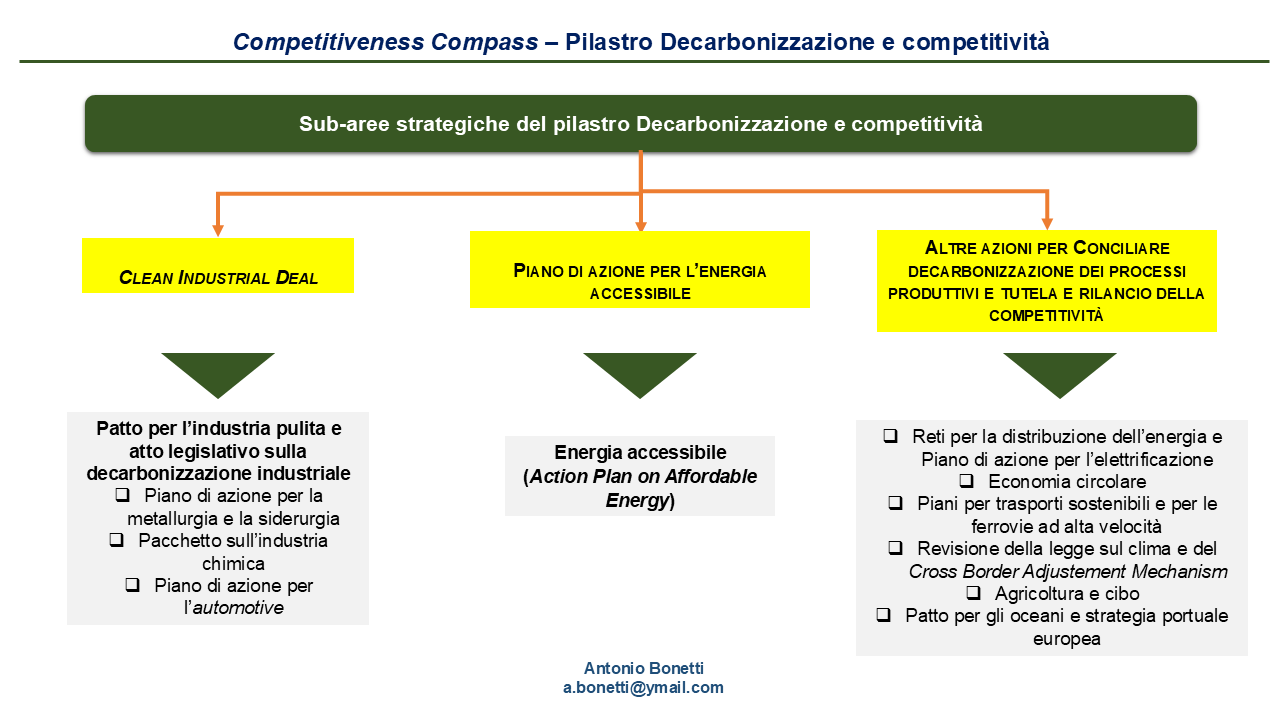“I am sure many people would like
to create social-purpose companies
if such entities were recognized
by the economic system.
It is a major failure of the current economic system
that it cannot accommodate this basic human urge”Muhammad YUNUS – Economist, winner of
the 2006 Nobel Peace Prize
Creating a World Without Poverty
Social Business and the Future of Capitalism (2007)
The debate over youth entrepreneurship and social entrepreneurship in Europe
The debate over youth entrepreneurship in Europe is not a new one. Recently, it has been put on the top of the EU’s political agenda again for the following reasons:
- youth unemployment in Europe has reached record highs;
- all European countries have a productive system older than those of the US, China and other “new powers”. Even before the strong worsening of the economic crisis in Europe, this issue was seen as one of the most pressing challenges to address in order to re-launch economic competitiveness in Europe (see Financial Times, 2008; Philippon and Véron, 2008). Currently, new successful entrepreneurs are regarded as catalysts for both competitiveness and innovation in the European industrial landscape;
- young people have a particular attitude to innovation and risk;
- “new evidence from 15 OECD countries for 2001-11 shows that young businesses play a crucial role in employment creation. During the financial crisis, the majority of jobs destroyed in most countries reflected the downsizing of old businesses, while net job growth in young firms remained positive” (OECD 2013, p. 20);
- data from the Global Entrepreneurship Monitor show that in Europe, “early-stage” entrepreneurs account for a lower share of the adult population than in the US (7.6%), China (14%) and Brazil (17%). This percentage is very low even in Germany (4.2%);
- it is widely acknowledged that the worst economic times have often been the best of times to start a new venture.
As a result, many scholars and EU policy makers consider the start up of new ventures as a powerful option to tackle both youth unemployment and decreasing competitiveness of the European industry (see European Commission, OECD 2013, European Commission 2013).
Unfortunately, the European debate over youth entrepreneurship is very ingrained in the idea that policy makers should mainly sustain the start-up of new companies in the digital sector.
For clear evidence of this way of approaching this issue, see “A manifesto for entrepreneurship and innovation to power growth in the EU” available at www.smartmanifesto.eu.
The Social Business Initiative at a glance
Fortunately, the European Commission (EC) has put a wide concept of innovation at the heart of the “Europe 2020” strategy. As stated in the Communication on the Flagship Initiative “Innovation Union”, “our capacity to create millions of new jobs to replace those lost in the crisis and, overall, our future standard of living depends on our ability to drive innovation in products, services, business and social processes and models.” (see European Commission 2011).
Consequently, Social Innovation is regarded as front and center in the exploration of “new solutions to societal challenges” along with technological progress.
Finally, the EC is increasingly aware of the importance of alternative forms of entrepreneurship, called social enterprises or social businesses, in order to meet objectives of sustainable growth as well as objectives of social inclusion.
The most important European initiative to support social entrepreneurs is the Social Business Initiative (SBI), that was launched in November 2011.
The focus of the SBI is on creating an enabling environment in which European social businesses can flourish and increase their capacity to contribute to inclusive growth and social innovation more effectively.
The SBI is structured in three overarching objectives, seven intermediate objectives and eleven key actions.
The Chart below presents overarching and intermediate objectives.
Chart 1 – The SBI Objectives
On the 16th and 17th of January 2014 there is the event “Social Entrepreneurs – Have your say”, organised by the DG Enterprise and Industry, in order to find those public interventions that best suit the purpose of creating a favourable eco-system for social enterprises. After the endorsement of the new financial instrument EaSI – specifically aimed at sustaining social innovation and social entrepreneurship – this event will certainly re-energize the debate over social entrepreneurship.
References
European Commission (2011), Social Business Initiative. Creating a Favourable Climate for Social Enterprises, Key Stakeholders in the Social Economy and Innovation, COM (2011)682 final
European Commission (2013), Open Innovation 2.0 Yearbook 2013
European Commission – OECD (2013), Policy Brief on Social Entrepreneurship. Entrepreneurial Activities in Europe
Financial Times (2008), ‘Rebel Seeks Innovators to Shake up Europe’, 15 January 2008
OECD (2013), Science, Technology and Industry Scoreboard 2013
Philippon T., Véron N. (2008), ‘Financing Europe’s Fast Movers’, BruegelPolicyBrief, Issue 2008/01










